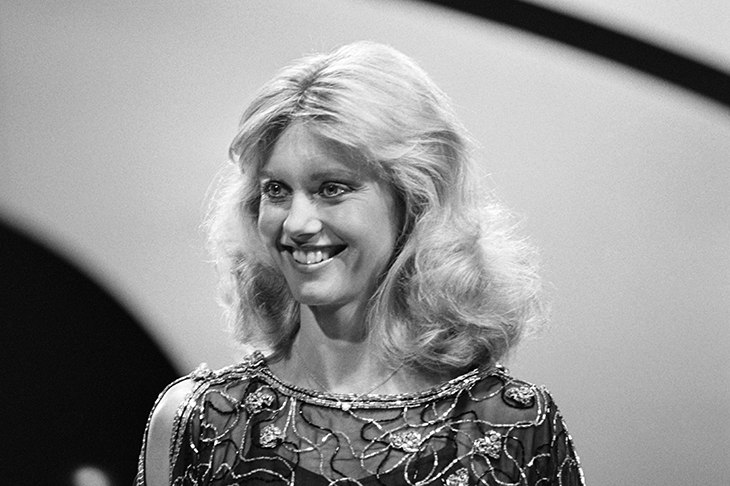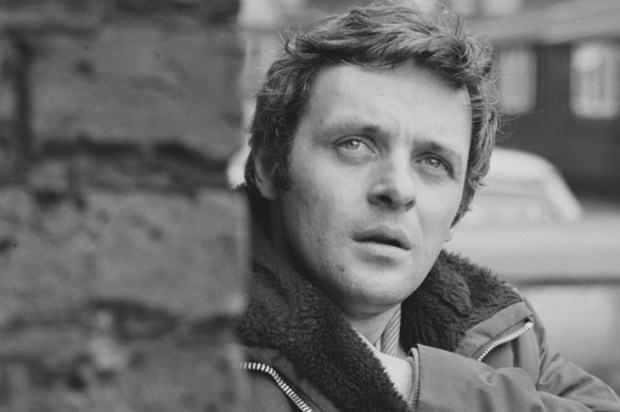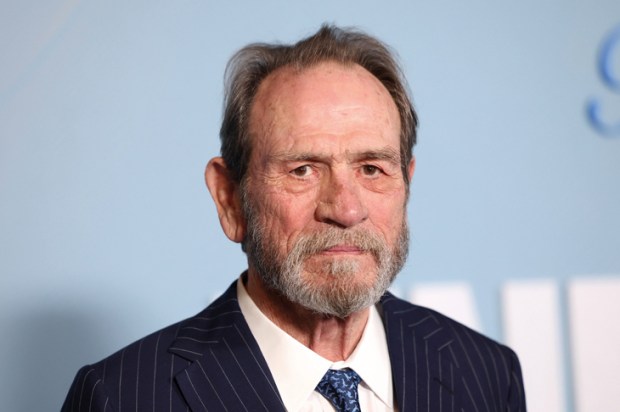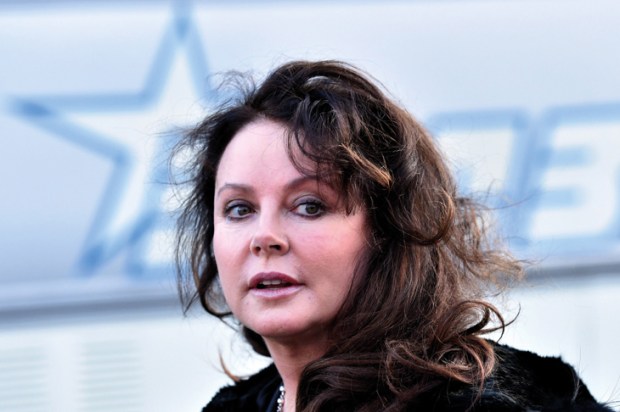That superb poet Peter Porter who was also in love with music used to say there was no denying the supremacy of Bach and Beethoven and Mozart but for sheer range who could beat Schubert. The lieder, every note of which was recorded by Dietrich Fischer-Dieskau with a meticulous care for the power of the words which the composer was animating, can summon up vast panoramas of experience that might sustain a great opera.
Already a subscriber? Log in
Subscribe for just $2 a week
Try a month of The Spectator Australia absolutely free and without commitment. Not only that but – if you choose to continue – you’ll pay just $2 a week for your first year.
- Unlimited access to spectator.com.au and app
- The weekly edition on the Spectator Australia app
- Spectator podcasts and newsletters
- Full access to spectator.co.uk
Or
Unlock this article
You might disagree with half of it, but you’ll enjoy reading all of it. Try your first month for free, then just $2 a week for the remainder of your first year.














Comments
Don't miss out
Join the conversation with other Spectator Australia readers. Subscribe to leave a comment.
SUBSCRIBEAlready a subscriber? Log in